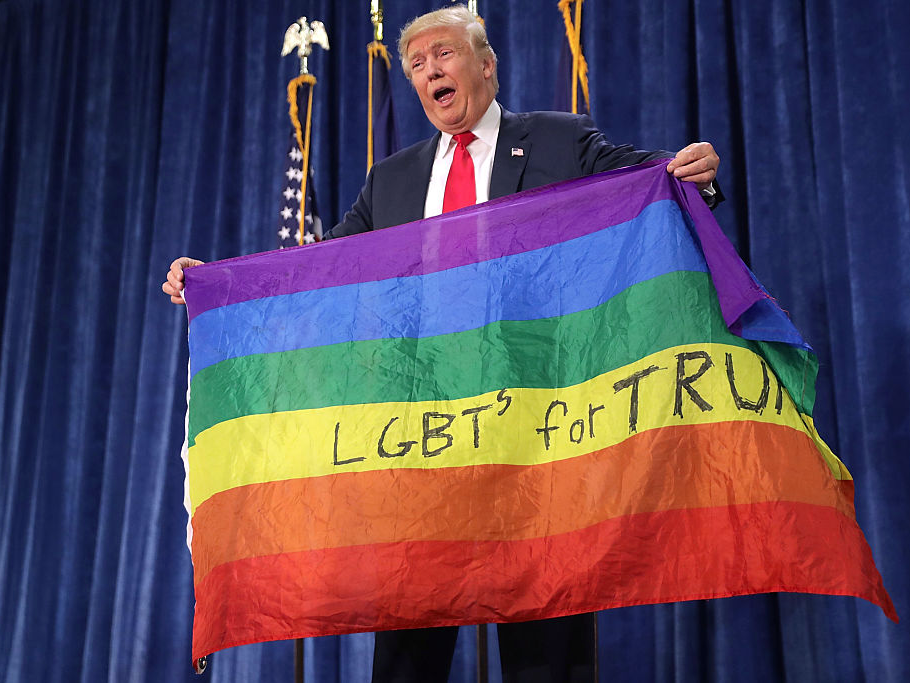It’s unclear whether the Equal Employment Opportunity Commission (EEOC) will continue to hold its previous stance that a landmark federal law protects LGBT workers.
During a hearing with the US Committee on Health, Education, Labor, and Pensions Tuesday, US President Donald Trump’s two EEOC nominees – former Burlington Stores general counsel Janet Dhillon and Iraq War veteran Daniel Gade – wouldn’t commit to upholding the agency’s current view that Title VII of the Civil Rights Act of 1964 bars discrimination based on sexual orientation and gender identity.
While Dhillon and Gade told senators that they were both personally opposed to such discrimination, Dhillon said that the issue needed to be reviewed, the law is up in the air, and that she believes it is important for the federal government to speak as one voice.
Much of the debate around Title VII – which bans employment discrimination based on race, color, religion, sex and national origin – swirls around whether the word “sex” also pertains to sexual orientation and gender identity.
Rulings from federal appeals courts vary when it comes to interpretation of the law.
Under the Obama administration, the EEOC and the Department of Justice both supported the stance that the law covered sexual orientation. Now, under Trump's attorney general Jeff Sessions, the DOJ has switched its position, saying sexual orientation and gender identity are not protected.
"The current law is in flux," Dhillon said, according to the National Law Journal. "We now have a split in the circuits and two agencies that have taken differing views of the same text."
Gade said he would only reinterpret the EEOC's position if "there was a clear legal reason to move on the issue," according to the National Law Journal.
Dhillon also said the ideal fix was likely a "legislative solution," while acknowledging "real human implications for people and their families."
The National Law Journal reported that ranking Democrat Patty Murray called Dhillon's point "wishy-washy."
The five-person EEOC currently includes one Republican and three Democrat commissioners. Typically, the EEOC includes three members from the party controlling the White House and two members from the opposition party. Dhillon was nominated to take over as chair.
Previously, employment lawyer and partner at Constangy, Brooks, Smith, and Prophete LLP, Jonathan Yarbrough told Business Insider he was curious to see whether the EEOC flips on the issue of Title VII.
"We've got a strange situation right here," he previously told Business Insider. "The flip side is going to be, what is the business community going to do in response to this?"

